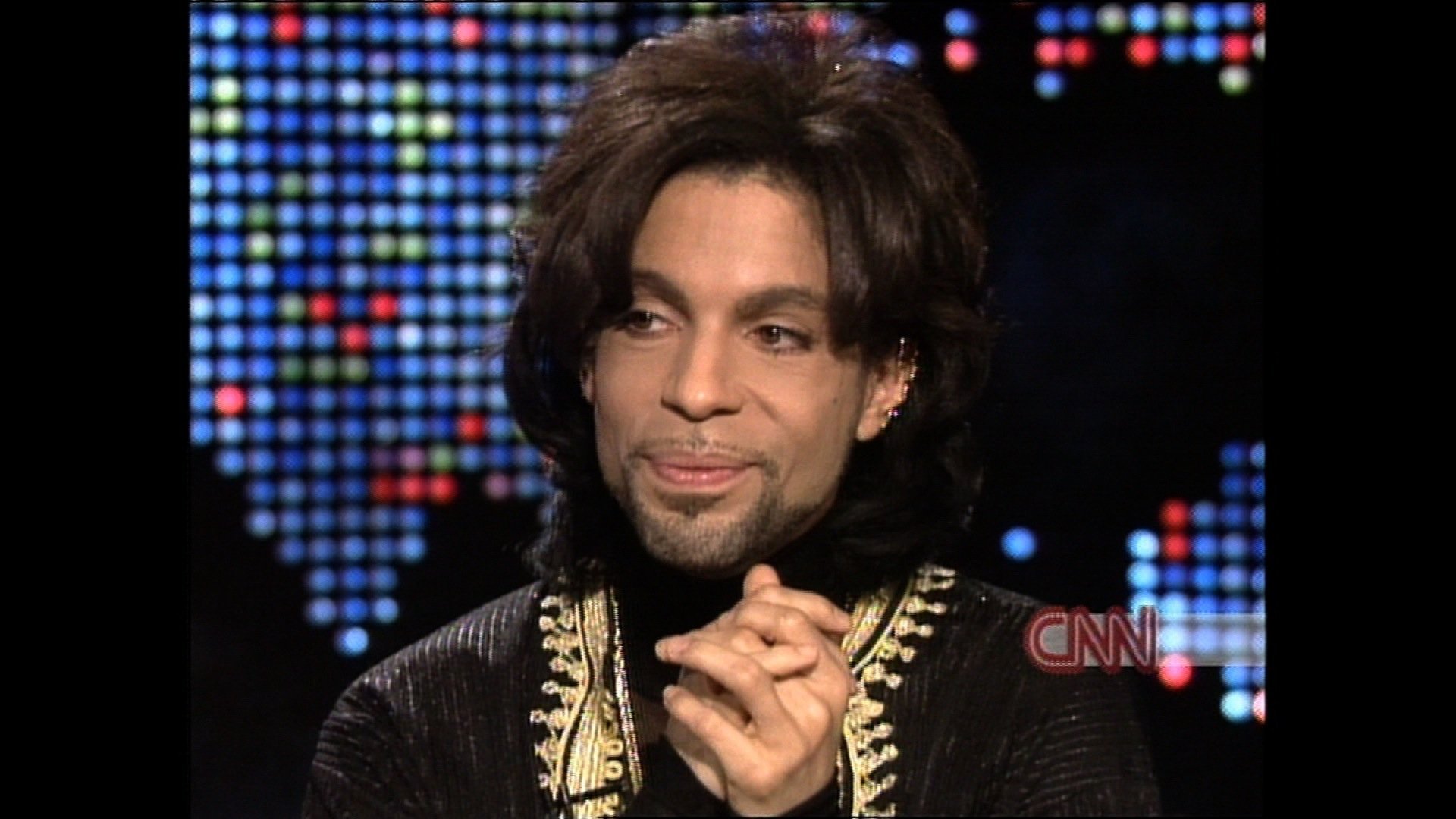Prince Rogers Nelson, the innovative and unique musician who became one of the most iconic artists of his generation, has died. He was 57.
His death came six days after he was reportedly rushed to a hospital in Moline, Illinois, following a concert in Atlanta. He’d been traveling home and apparently fell ill, and his plane made an emergency landing. He was released a few hours later.
The Atlanta concert last Thursday was a rescheduled event from a week earlier, when that show was canceled because Prince had come down with the flu, his reps said.
To show fans he was well, he tweeted that a dance party would be held on Saturday at his Paisley Park home in Minnesota and later shared a photo which appeared to be of partygoers enjoying a good time.
The shocking death of the man who penned hits like “Let’s Go Crazy,” “Nothing Compares 2 U” and “When Doves Cry” hit fans and fellow artists hard.
Born in Minneapolis, Minnesota, Prince received his love of music from his father, who played piano in a jazz band. As a teen he was signed with Warner Bros. Records and released his debut album, “For You,” in 1978.
“Dirty Mind” and “Controversy” followed in 1980 and 1981 and stirred controversy with sexual lyrics that also touched on religious themes.
But the singer/songwriter/musician found fame with his 1982 album, “1999,” and his androgynous look and mastery of the guitar drew comparisons to both Little Richard and Jimi Hendrix.
Soon, Hollywood came calling and in 1984 he starred in the semi-autobiographical film “Purple Rain.”
The story of a struggling Minneapolis musician and the film’s soundtrack made Prince an international superstar. The theme song from the movie won an Academy Award for best original score.
His fusion of pop, rock, funk and soul made for a distinctive sound and launched other artists who played with him, including super producers Jimmy Jam and Terry Lewis, The Time, Vanity 6 and percussionist Sheila E.
In 1993, Prince changed his name to an unpronounceable symbol, which was also the title of his latest album. He became known as “The Artist Formerly Known As Prince” which he shortened to “The Artist” and his career underwent a setback after Warner Bros. dropped its distribution deal with Paisley Park Records.
The singer appeared in public with “Slave” written on his face in 1995 and seemed determined to gain control of both his career and his master recordings.
He told the New York Times in 1996 that he couldn’t stop writing music and had a backlog of thousands of songs.
“Sometimes ideas are coming so fast that I have to stop doing one song to get another,” he said. “But I don’t forget the first one. If it works, it will always be there. It’s like the truth: it will find you and lift you up. And if it ain’t right, it will dissolve like sand on the beach.”
He continued to make albums over the years, though his conversion to the Jehovah’s Witness faith caused him to forgo some of his racier lyrics. In 2014, he left Warner Bros. and soon after embraced social media as a way of staying in contact with his fans.
In February, he announced dates for his Piano & Microphone tour, a small-scale production that packed smaller venues and left fans delirious.



